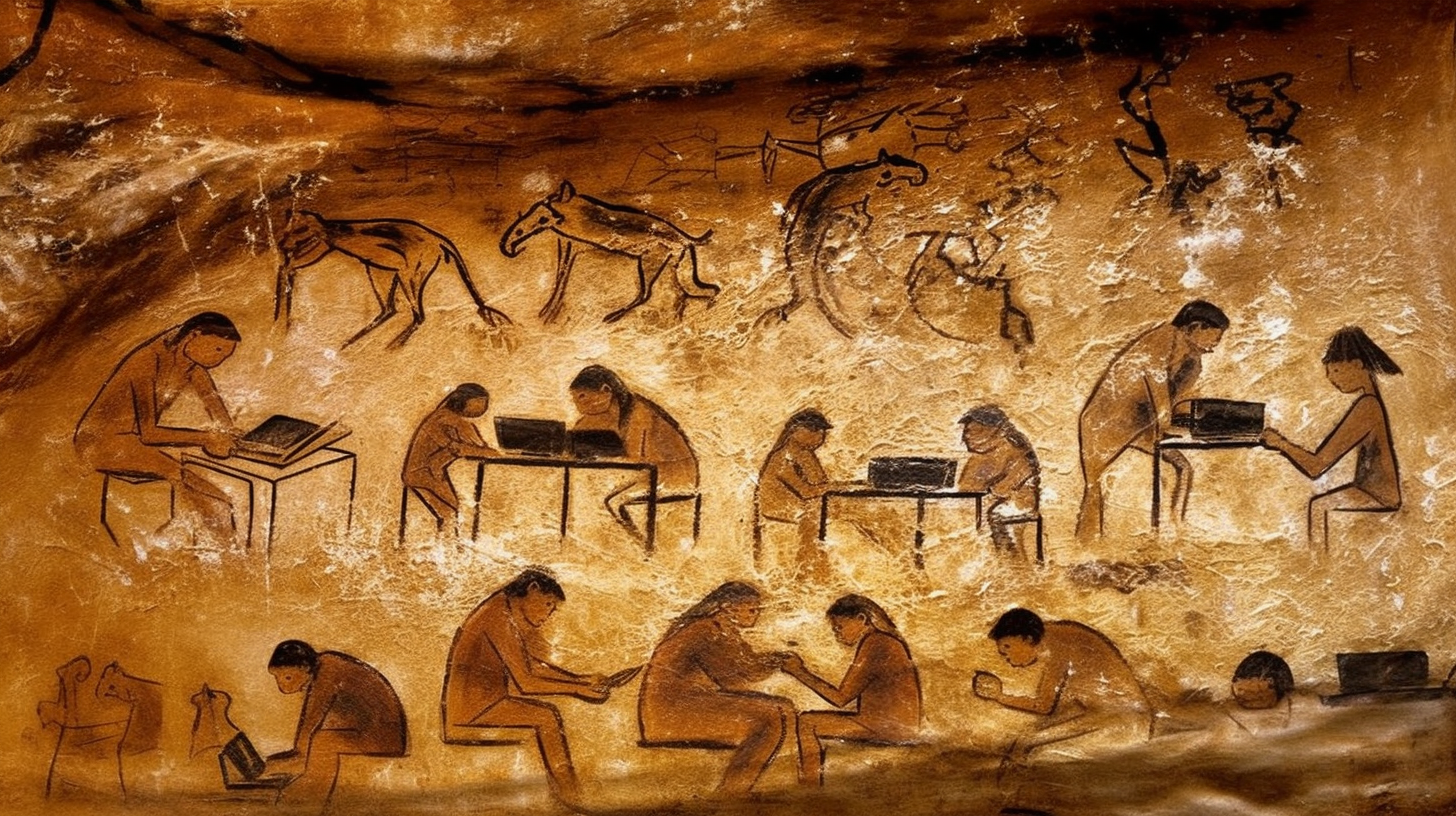
Web3: Bigger Than Blockchain
A Brief and Malleable History of the Internet
In 2014, Ethereum co-founder Gavin Wood coined the phrase Web 3.0 to refer to the idea of a trustless, decentralized internet enabled by blockchains and cryptography. This model presents a contrast to how centralized the existing internet has become—with a small number of powerful companies and entities dominating and monopolizing it.
In the years since, the term has been streamlined into the sleeker web3 format and gained additional meanings, features, and grandiosity along the way. The concept is compelling, but builders have a lot more work to do before we can make any realistic claims that a new era of the internet is upon us.
Declaring an Epoch
Fifteen years earlier, in 1999, Darcy Dinucci coined the term Web 2.0 to describe how the World Wide Web was evolving from only offering static pages that users view passively into websites that offer more participation and interaction. The term remained in obscurity for the next five years until Tim O'Reilly and Dale Dougherty put it into the tech mainstream with the first Web 2.0 Conference in 2004. Startups, VCs, tech journalists, academics, and marketing departments have been refining the meaning of Web 2.0 ever since.

Eyes of the Beholders
Both the Web 2.0 and web3 labels suffer (and, in some cases, benefit) from their squishy and ambiguous definitions. They are malleable enough to take on whatever grand or derisive meaning a person using the term wants. These statements, for instance, are both simultaneously inaccurate and true:
Web 2.0 is the culmination of breakthrough technologies that offer us all the productive and wonderous connected experiences of our modern age.
Web 2.0 is all the old, centralized models of the internet that extract value from and exert control over users.
Original Sin: Version Control
Way back in the 20th century, Dinucci presciently observed what would prove to be a massive paradigm shift for the internet. However, by borrowing the version numbering convention from software releases, the term Web 2.0 connoted that an entirely new, upgraded version of the web was out. Even by the time of the first Web 2.0 conference, the idea was a lofty promise rather than a new reality. It would take many years and a massive number of technical advances for the participatory internet to come to fruition. Among a myriad of other innovations, Web 2.0 would still require advances in:
Network and Communications Infrastructure: broadband fiberoptic networks, cellular data networks, wireless, data center, cloud, GPS
Hardware: improved processor technology, batteries, screens, storage, laptops, devices, cameras
Software & Standards: HTML/XML, DNS, CSS, JavaScript, AJAX, APIs, Wi-Fi, Bluetooth, SMS, RSS
Models: UX, peer-to-peer, blogging, streaming, app stores, e-commerce, SEO, location-based services, podcasting, social networks, user-generated content, SAAS
Repeating History
Now it seems, web3 is following a similar path. Those of us down the crypto rabbit hole can see how blockchain technologies can, and likely will, transform so many aspects of our connected lives. But we're a long way from a new decentralized age.
Unfortunately, Gavin Wood’s term for a decentralized internet was pressed into service early. The industry needed a term to stand in tarnished term “crypto” and the negative baggage it brings with it. Plus, the broadness and ambiguity of web3 work well as a catch-all for all things blockchain-related. But like its predecessor, web3 will require many more advances to become a reality.
AI Has Entered the Chat
Meanwhile, as builders trudge through crypto winter, an 800-pound gorilla has been lifting weights and expanding its training data.
Web3 natives: "Blockchain tech will transform the internet and society. You'll see!"
AI: “Hold my beer.”
If history is any guide, there won’t be a single branch of technology or one revolutionary innovation that will define the next epoch of the internet. It will be the culmination of breakthroughs and the combination of models that will give the next phase its shape.
If the term web3 remains in use, its meaning will have to expand to include AI-powered game-changers and other breakthroughs yet to come. Years from now (likely not very many), we'll look back and see how crypto, blockchains, NFTs, large language models, chatbots, generative creative tools, metaverse, IoT, augmented and virtual reality, decentralized identity, and many other large and small advances all came together to bring us into a Third Internet Age.


